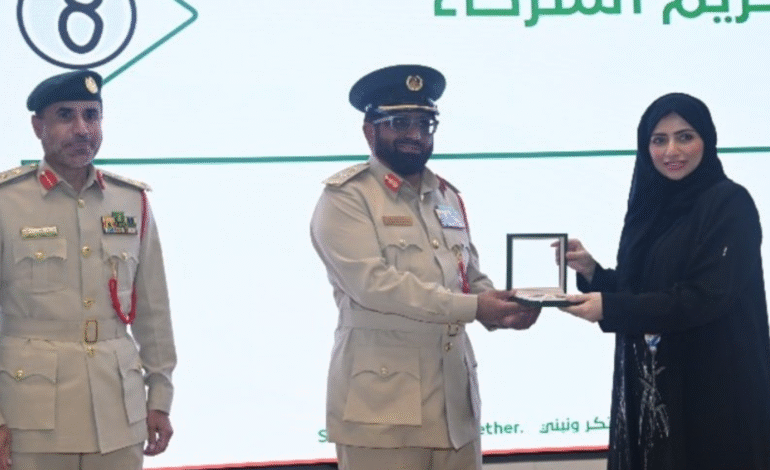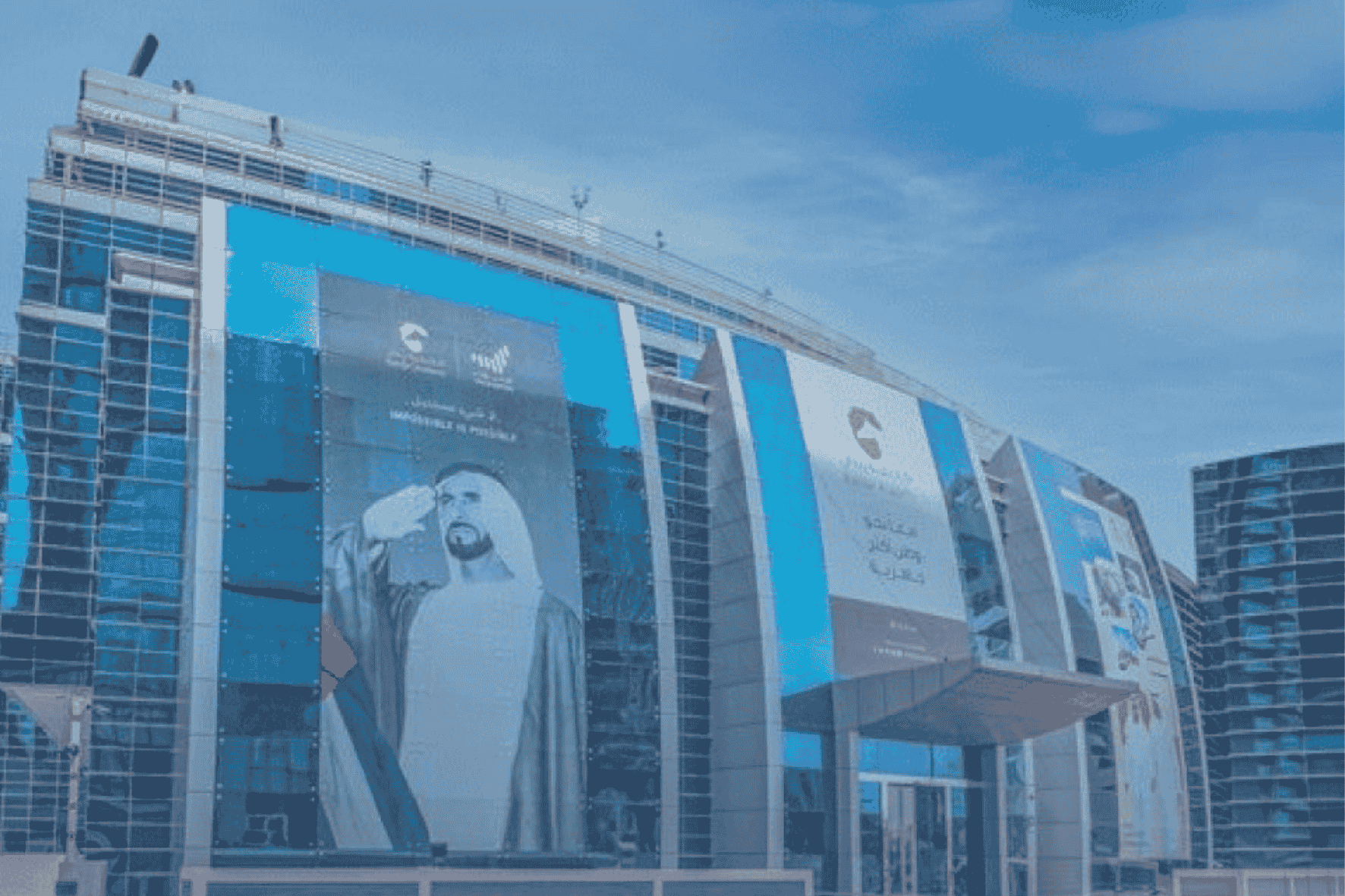Dubai Police Launches 11th Anti-Human Trafficking Specialist Diploma

Dubai Police, in strategic collaboration with the Dubai Judicial Institute, the National Committee to Combat Human Trafficking, and the United Nations Office on Drugs and Crime (UNODC), has unveiled the 11th edition of its prestigious Anti-Human Trafficking Specialist Diploma. This flagship programme, widely recognized across the Middle East, continues to reinforce the UAE’s leadership in combating one of the world’s most urgent and complex crimes.
The launch marks over a decade of regional and international cooperation in fighting human trafficking, with this year’s programme attracting 74 participants representing nine Gulf and Arab countries. The sustained growth of the initiative highlights Dubai’s strong commitment to promoting justice, protecting human rights, and establishing itself as a regional hub for anti-human trafficking expertise.
A Platform for Global and Regional Cooperation
The opening ceremony of the 11th edition brought together senior dignitaries, including Judge Abdul Rahman Murad Al Baloushi, Deputy Chair of the National Committee to Combat Human Trafficking and Undersecretary of the Ministry of Justice; Major General Saif bin Abid, Acting Assistant Commander-in-Chief for Excellence and Pioneering Affairs at Dubai Police; Judge Dr. Ebtisam Al Bedwawi, Director of the Dubai Judicial Institute; and Dr. Mohannad Dweikat, Regional Coordinator for the UNODC in the GCC.
Also in attendance were senior Dubai Police officers such as Brigadier Abdul Rahman Al Shaer, Director of the General Department of Human Rights, and Colonel Saeed Al Helli, Director of the Human Trafficking Monitoring Centre. Their presence underlined the cross-institutional cooperation that has fueled the diploma’s enduring success.
The gathering symbolized not just the launch of another academic programme but also a reaffirmation of the UAE’s unwavering stance against human trafficking — a crime that undermines human dignity, disrupts communities, and challenges legal systems worldwide.
Building a Stronger Regional Network of Experts
Welcoming participants, Major General Saif bin Abid emphasized how the diploma has created a strong and diverse network of specialists over the last decade. These professionals have gone on to support national, regional, and international anti-human trafficking strategies, spreading knowledge and contributing to UN-led initiatives.
He highlighted that the diploma is not just a training course but an embodiment of the UAE’s vision of advancing human rights, protecting vulnerable groups, and fostering professional capacity to confront crimes that disproportionately affect women and children.
Judge Abdul Rahman Al Baloushi expanded on this vision, noting that the UAE continues to adopt a holistic approach to combating human trafficking. He stressed that victim protection and rehabilitation are key pillars of the national strategy, ensuring that survivors receive the care and justice they deserve.
One of the programme’s most notable new elements this year is the integration of an AI-powered electronic referral system. This system enhances the speed and accuracy of victim identification, strengthens coordination between institutions, and improves data analysis for more efficient responses. The innovation demonstrates how technology is reshaping the way governments and law enforcement agencies confront trafficking crimes.
Adapting to Evolving Threats in Human Trafficking
Human trafficking, like many forms of organised crime, continues to evolve in scope and method. From cyber-enabled exploitation to money laundering networks, the challenges faced today require a multidisciplinary and forward-looking approach.
Dr. Mohannad Dweikat of UNODC underscored this reality during his remarks, describing the diploma as a testament to enduring strategic partnerships and a platform that evolves with changing global threats. He explained how the curriculum has been updated with modules that reflect international best practices, covering areas such as:
- Parallel financial investigations
- The role of artificial intelligence in combating trafficking
- Cyber-enabled human trafficking cases
- Enhanced victim and witness protection strategies
These additions ensure that participants are not only aware of traditional human trafficking indicators but are also prepared to tackle new-age digital and financial crime dimensions linked to trafficking.
Since its inception, the programme has produced 761 graduates across the Gulf and Arab region. Many of these alumni have taken leadership roles in anti-trafficking initiatives, trained others, and actively supported UNODC’s mission in the Middle East.
Four Weeks of Comprehensive, Practical Training
The Anti-Human Trafficking Specialist Diploma is designed as a rigorous four-week academic and practical training programme, covering diverse aspects of combating trafficking. Participants engage with real-world scenarios, case studies, and simulation-based learning to strengthen their investigative and prosecutorial skills.
The course curriculum includes:
- Understanding the Concept and Elements of Human Trafficking – examining the international and regional definitions, and identifying exploitation patterns.
- UAE Legislation and Comparative Legal Frameworks – analyzing the UAE’s anti-trafficking laws in the context of global standards.
- Trafficking and Related Crimes – studying intersections with abduction, forgery, money laundering, and other organized criminal activities.
- Forced Labour and International Legal Protections – reviewing conventions and international agreements to prevent labour exploitation.
- AI-Based Investigations and Digital Evidence – leveraging advanced tools to track, analyze, and prevent trafficking cases online.
- Victim and Witness Protection Strategies – ensuring the safety and rehabilitation of survivors through legal and humanitarian frameworks.
- Practical Simulations of Real Cases – equipping participants with hands-on experience in handling complex investigations.
By covering these themes, the diploma ensures graduates leave with specialized expertise, ready to integrate into the regional fight against human trafficking with both academic knowledge and practical application.
Recognizing Partners and Institutional Collaboration
The opening ceremony concluded with a formal recognition of the programme’s strategic partners. Major General Saif bin Abid and Brigadier Abdul Rahman Al Shaer presented commemorative shields to Judge Abdul Rahman Al Baloushi, Judge Dr. Ebtisam Al Bedwawi, and Dr. Mohannad Dweikat.
This act of appreciation highlighted the indispensable role of institutional cooperation in strengthening Dubai’s global standing in the fight against human trafficking. The recognition also reinforced the importance of multilateral collaboration between judicial institutions, law enforcement agencies, and international organizations like UNODC.
The diploma’s continued success rests on these partnerships, which have enabled Dubai Police to expand its influence across the region and align with global anti-trafficking strategies.
Why the Diploma Matters for the UAE and the Region
The significance of the diploma extends beyond training sessions and classroom activities. For the UAE, it reflects a broader commitment to upholding justice, security, and human rights, ensuring that victims are not left behind in the pursuit of development and prosperity.
By combining judicial expertise, international collaboration, and technological innovation, the programme positions the UAE as a regional leader in combating human trafficking. It also demonstrates the country’s role in setting international benchmarks for training, victim care, and proactive law enforcement practices.
For Gulf and Arab participants, the diploma fosters cross-border knowledge sharing, helping governments and law enforcement agencies synchronize strategies and share intelligence to combat trafficking networks that operate across jurisdictions.
Looking Ahead: The Future of Anti-Human Trafficking Efforts
As the 11th edition unfolds, the Anti-Human Trafficking Specialist Diploma sets the stage for even stronger regional efforts in the coming years. The integration of artificial intelligence, digital forensics, and financial investigation techniques will empower specialists to counter increasingly sophisticated trafficking methods.
The UAE’s proactive stance in updating its anti-trafficking frameworks serves as a model for the wider Arab region, encouraging greater adoption of data-driven, victim-centered, and internationally aligned strategies.
By fostering a new generation of specialists, the diploma contributes to building resilient societies where human dignity is safeguarded, and justice is pursued with unwavering determination.







